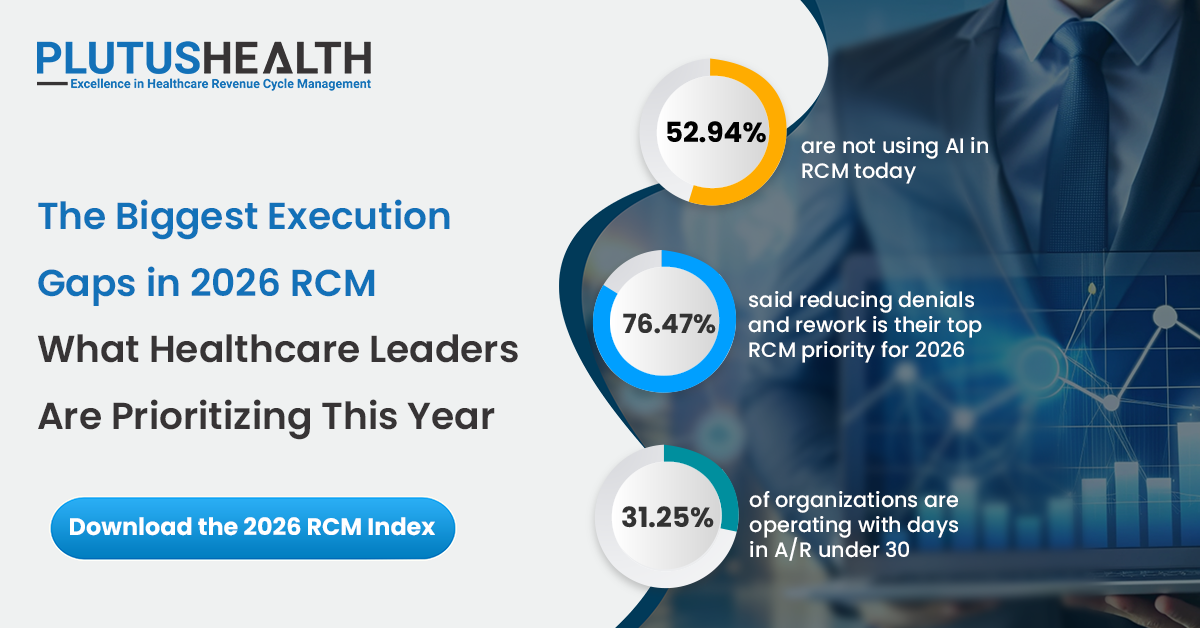5 ways advanced AI can help healthcare practices enhance their revenue
Using artificial intelligence in healthcare is critical to increasing billing efficiency. Technological advancements have created reliable systems that improve RCM speed and reimbursement amounts. Savvy practices must invest in these systems to realize their full financial potential.
Here are five ways tech-enabled RCM services can help enhance healthcare billing.
Saves Staff Time
Since early 2020, between 60% and 75% of clinicians have reported exhaustion, sleep disorder, and depression. These effects are representative of the healthcare industry. America’s aging population makes medical demand consistently rise over time. Unfortunately, worker supply has failed to meet these new requirements. The Covid pandemic crisis added to this already stretched work routine.
AI works faster than the most experienced biller. Once it has obtained the relevant information, a billing system can output invoices at staggering rates. This efficiency frees staff from this repetitive task to work on complex, patient-oriented duties.
Error Reduction
A 2020 study showed that 86% of healthcare claim denials were potentially avoidable. This fact, unfortunately, highlights the limitations of human billers and reviewers. Medical codes are complex and should match perfectly with diagnoses and services. ICD-10, the most recently accepted coding system in the United States, is especially specific for the diagnoses.
Programmers design computer assisted coding (CAC) software to methodically match diagnoses and services with the appropriate codes. These systems store and instantly access data faster than their human counterparts. CAC’s detailed coding consistently labels services appropriately, ultimately avoiding denials and increasing revenue.
Decreased Training Requirements
The complexity of medical billing traditionally demands substantial training. Workers must go through an extensive learning curve at the beginning of their careers. Afterward, practices find errors and retrain their staff where appropriate.
Training plans are still necessary. However, AI significantly reduces the number of learning hours staff need. For example, avoiding overlapping duties is a key part of training. Billing & Coding AI can eliminate redundant data entry by seamlessly incorporating information from multiple software.
Seamless Interoperability
Automated RCM services can connect to different software, acting as a central information exchange. For example, electronic health records (EHRs) are tools that store and transmit patient data for practices. An online portal is a separate program that patients primarily use to pay their balances.
An AI can take relevant information from an EHR and send it to an online portal. This process saves human workers from needing to manually transmit this information.
Real-Time Patient Interaction
Patient portals can instantly give patients information that previously was only accessible through staff. If a patient wants to know available payment options, one click will provide the answers. This system saves the patient time and gives the administrative office flexibility.
Plutus Health uses modern, top-tier technology to maximize practices’ incomes. We’ve built a revenue recovery system that consistently produces quick, high reimbursements. Learn how this system will benefit your practice by contacting us today.
Key Takeaways
1. AI critically reduces the time staff needs to spend on billing.
2. Automated systems decrease the chance of billing errors.
3. Practices that invest in AI can spend less time and resources training staff.
4. Advanced programs can pull data from one system and seamlessly plug it into another.
5. Portals offer patients instant answers and reduce customer service friction.




















































